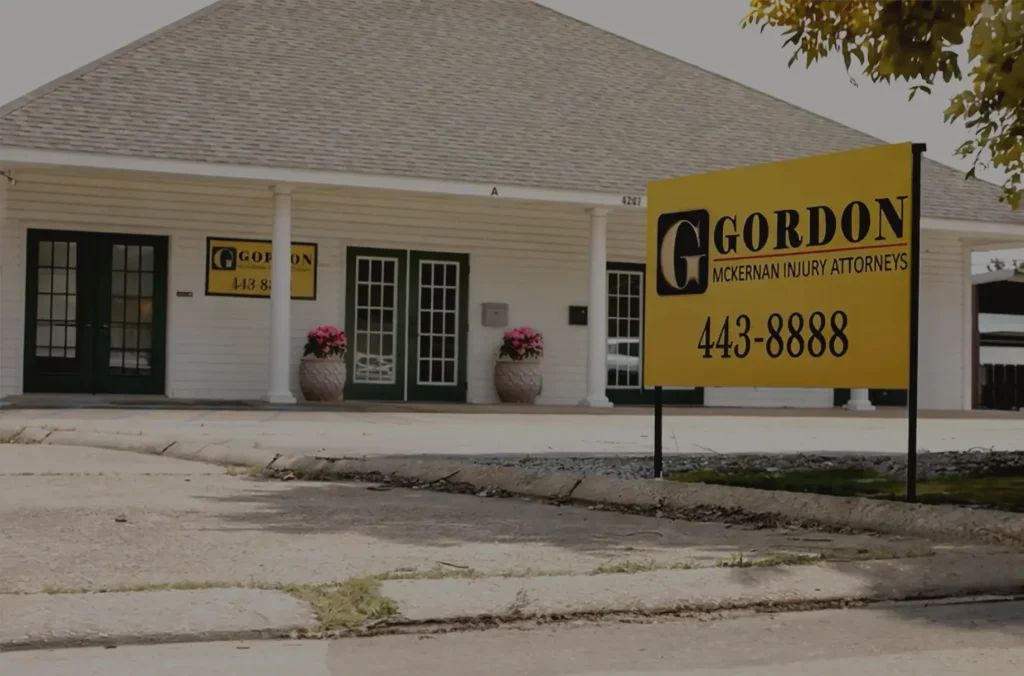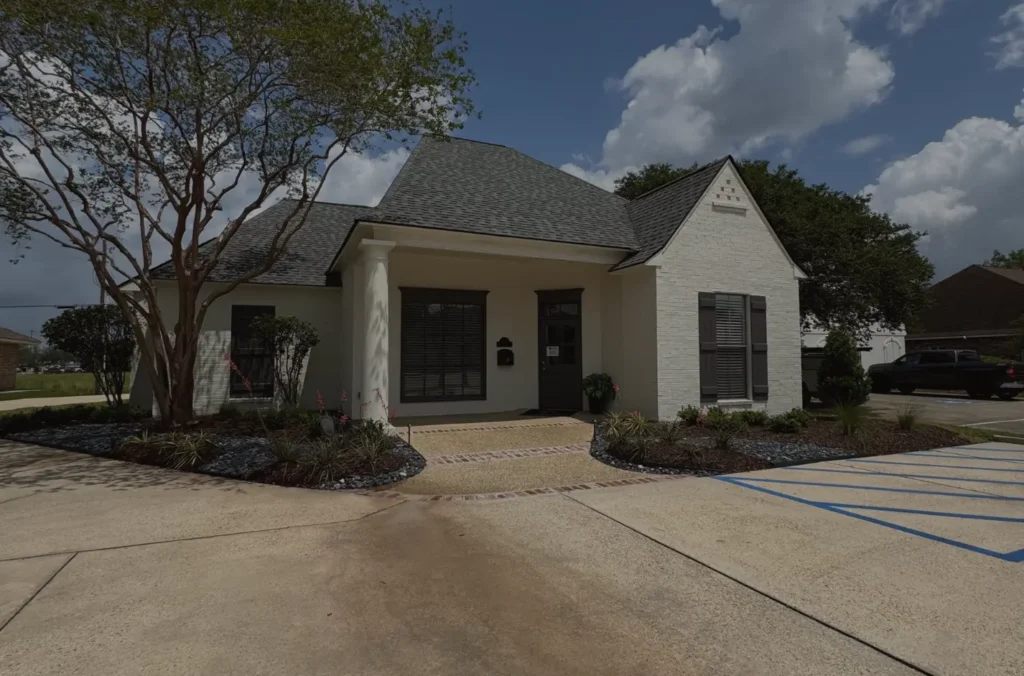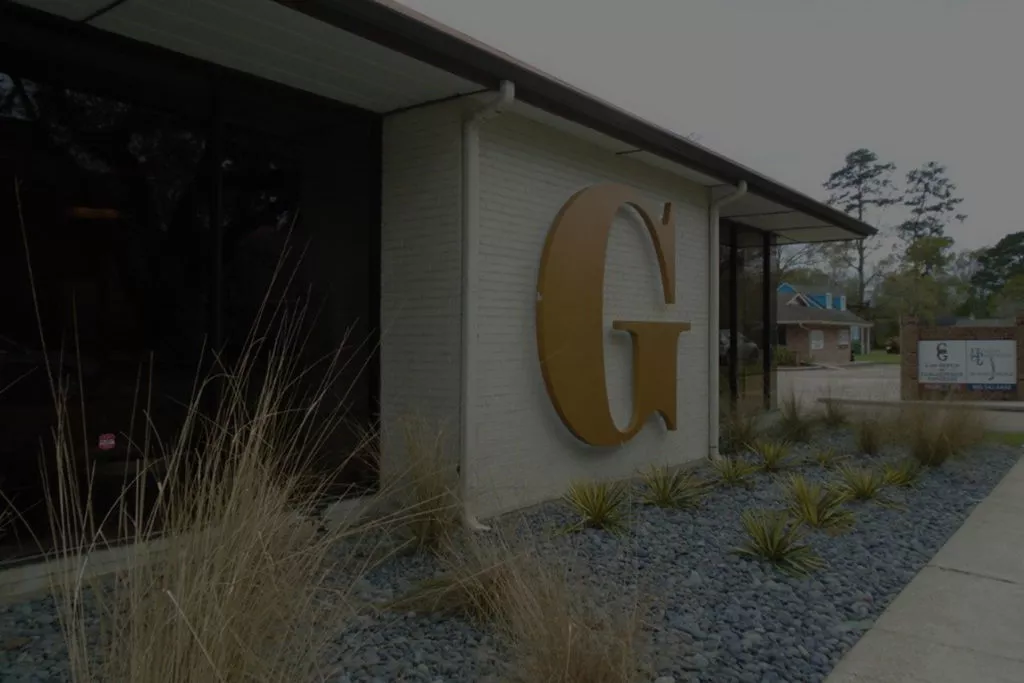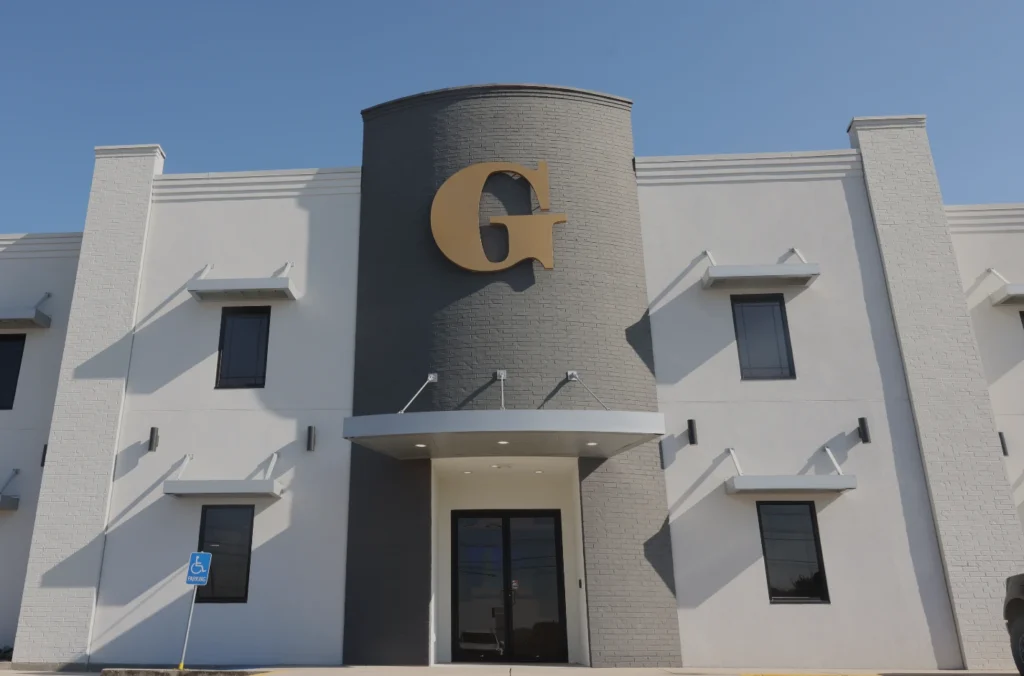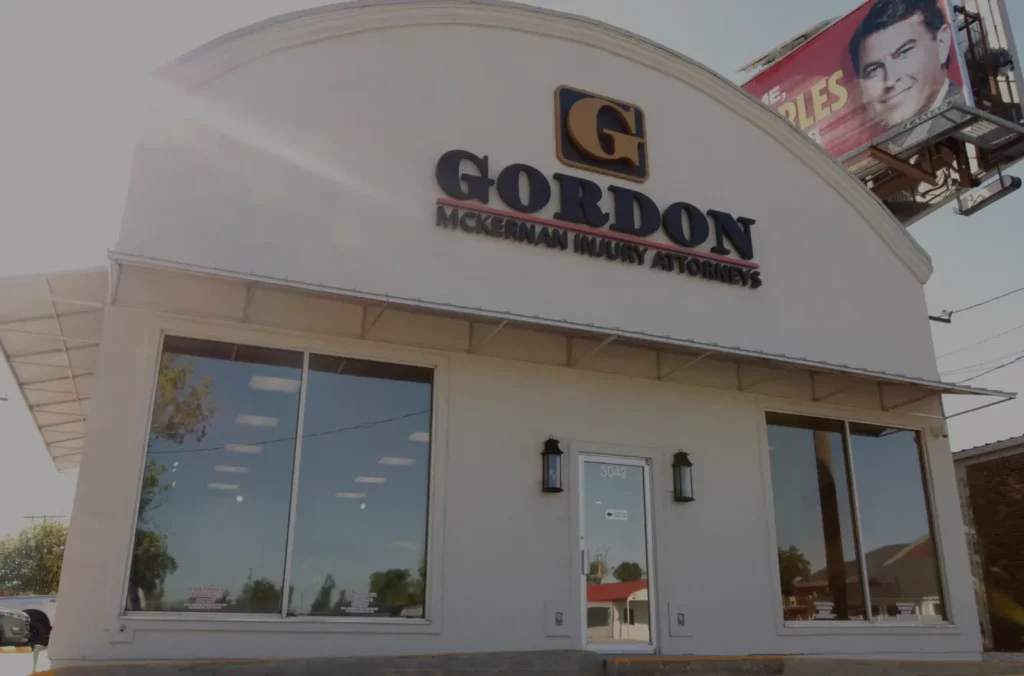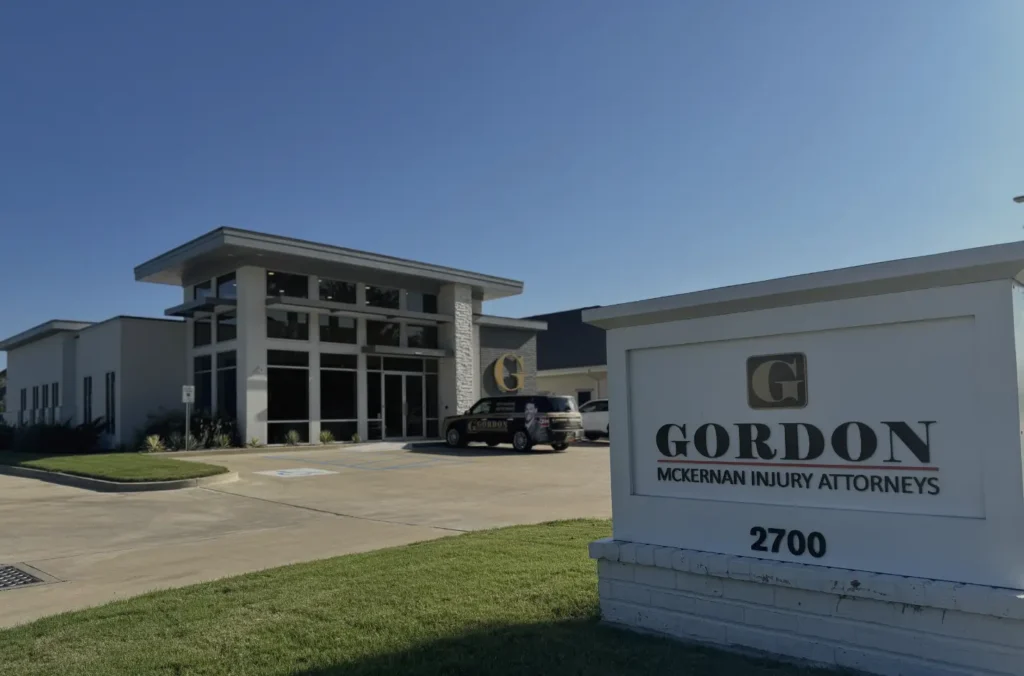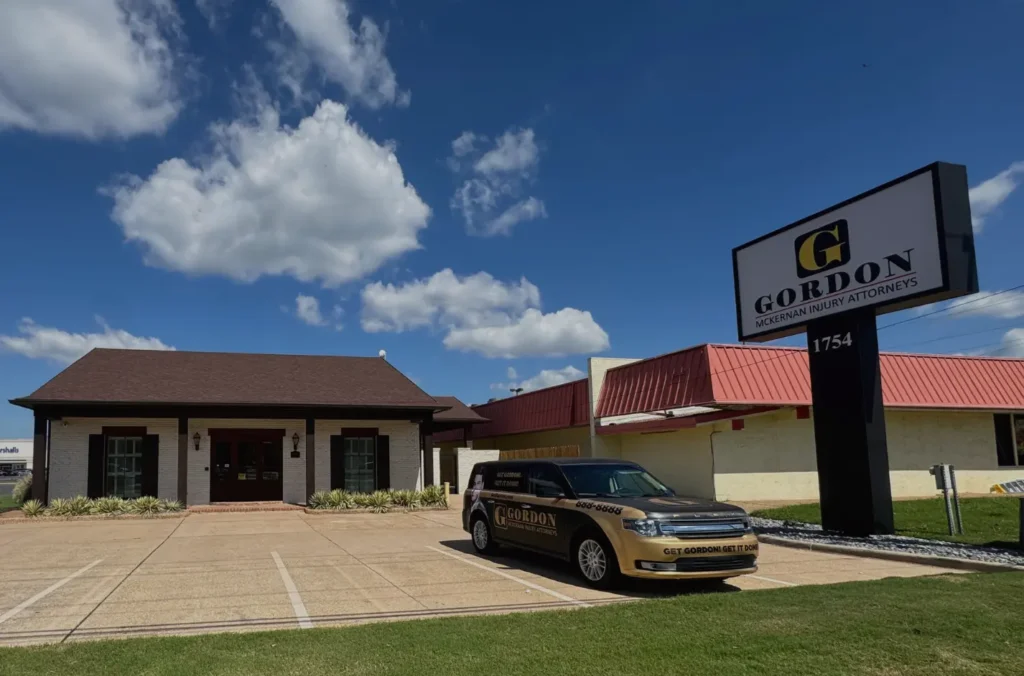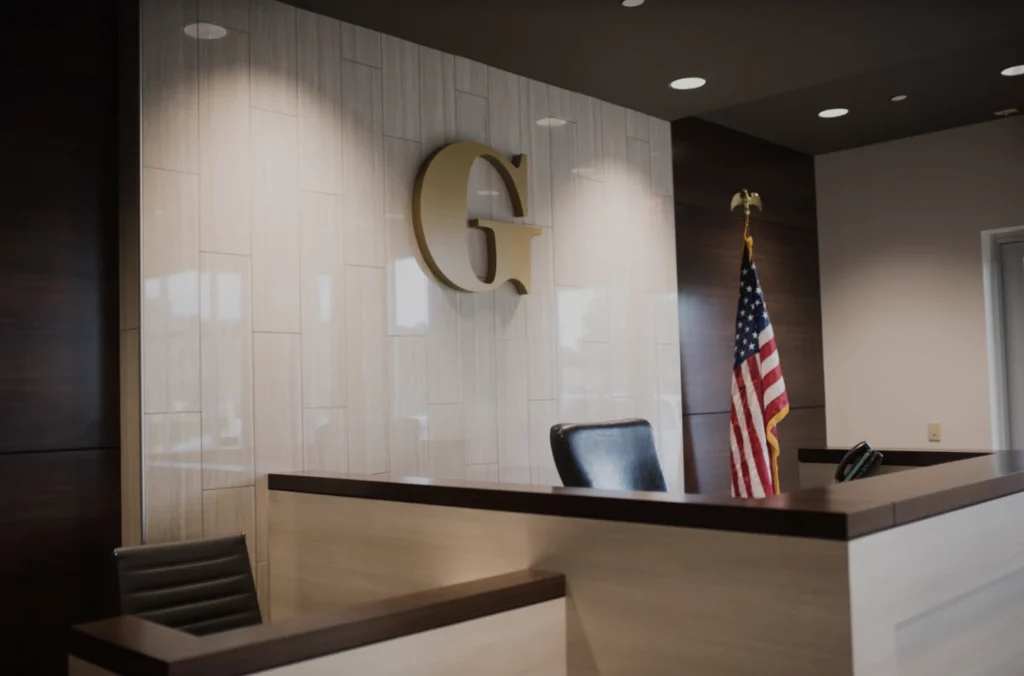Recovering Damages From Reckless Driving
Reckless Driving Car Accidents
All drivers have a responsibility to obey the road rules and drive safely for the road conditions. Unfortunately, some drivers deliberately operate their vehicles in a way that endangers other drivers, passengers, bicyclists, and pedestrians. We refer to all of these practices as reckless driving.
Our experienced auto accident attorneys explains what reckless driving is and how victims may recover damages for injuries caused by it.
What Is Reckless Driving?
Reckless driving may be defined as any action while driving a vehicle that puts people or property at risk. A similar term is “aggressive driving,” which the National Highway Traffic Safety Administration (NHTSA) defines as occurring when one operates a motor vehicle “in a manner that endangers or is likely to endanger other persons or property.” According to the American Automobile Association, 56 percent of fatal crashes in four years involved aggressive driving.
Reckless driving behaviors that include:
- Speeding;
- Improper or erratic lane changing;
- Passing when prohibited;
- Failure to obey traffic signs or signals;
- Racing; and
- Illegal driving on the road shoulder or sidewalk
Any driving behavior that constitutes reckless driving may lead to legal liability for the reckless driver responsible for the accident and resulting injuries.
Determining Damages in Reckless Driving Cases
A reckless driver who causes the accident may need to pay damages, or monetary compensation, for injuries. Victims of reckless driving should prepare a comprehensive damages demand. A complete damages demand can determine whether a case recovers enough compensation to pay all of your bills.
One may recover damages for:
- Medical expenses: An accident with a reckless driver commonly results in physical injury. The defendant may be held responsible for a victim’s medical expenses, including visits to the doctor, hospital stays, emergency transportation, and prescription medicine. If a reckless driving victim’s injuries require ongoing care, such as physical therapy, you can add an estimated cost of ongoing treatment in demand for medical expense damages.
- Lost wages: Many injuries lead victims to miss work or work a reduced schedule. Include any lost wages in a damages demand. If injuries keep a victim from returning to work with the same earning capacity, the defendant may also be held responsible for future lost wages and lost earning potential.
- Property damage: A reckless driver may be held responsible for costs to repair or replace any property damaged or destroyed in an accident.
- Emotional distress: Car accident victims are likely to suffer emotional distress, including depression, anxiety, and post-traumatic stress disorder. Such injuries may be quantified and included in a damages demand.
- Loss of enjoyment: Injuries preventing participation in activities that were an important part of one’s life may also contribute to a damages demand.
- Punitive damages: Damages are most often meant to compensate, or make whole, a victim. But punitive damages are designed to punish a defendant for egregious behavior. In a case of reckless driving, a victim may be likelier to collect such damages, given that the essence of reckless driving is disregard for safety. That said, standards for recovering punitive damages vary from state to state.
5 Steps After a Reckless Driving Accident
Keep these things in mind after a reckless driving accident to help preserve evidence and prepare a strong case:
- Seek medical help. Of course, a reckless driving victim’s first priority after an accident should secure their health and safety. Seeking immediate medical care is not only best for health and welfare but also is a hedge against a defense argument that the victim’s delay contributed to their injuries and should reduce the defendant’s liability.
- Secure a police report. A police report is a critical piece of evidence in reckless driving wreck cases. The report will document the accident scene, witness information, and any traffic violations, including violations that constitute reckless driving per se.
- Don’t post on social media. While a victim of reckless driving may feel tempted to share their experience on social media, they shouldn’t post about the accident or their injuries, or at least not before consulting with an attorney. Such posts could hurt a victim’s case. For example, a picture of the victim on social media going on a hike after the accident could be very detrimental to making a damages demand based on injuries to one’s ability to work, even if the ability to hike is not necessarily indicative of one’s working abilities.
- Keep track of paperwork. Dealing with a reckless driving accident and ensuing injuries results in a lot of paperwork, including medical records, medical bills, communication from insurance carriers, and car repair bills, to name just a few examples. While this paperwork might seem burdensome, a lawyer can help you keep track of it all, as any of it could constitute important evidence in building a case against the defendant.
- Take timely action. Victims of reckless driving should act promptly in pursuing legal claims, as they otherwise may forego the opportunity. For instance, Louisiana statutes provide victims two years to bring a lawsuit. While this might seem like a long time, it passes quickly in the whirlwind of dealing with injuries and all the complications the accident introduces to one’s life.
These tasks may seem daunting, which is one reason why you need an attorney experienced in reckless driving cases. A car accident lawyer can analyze the strength of a case, compile evidence, prepare a damages demand, draft court documents, manage communication with the defendant and insurance carriers, and evaluate any settlement offers.
To learn more about our firm visit our personal injury lawyer page to learn more about the legal process regarding your auto accident claim. we also have more related blog topics such as:

Office Locations
© 2025 Gordon McKernan Injury Attorneys.

